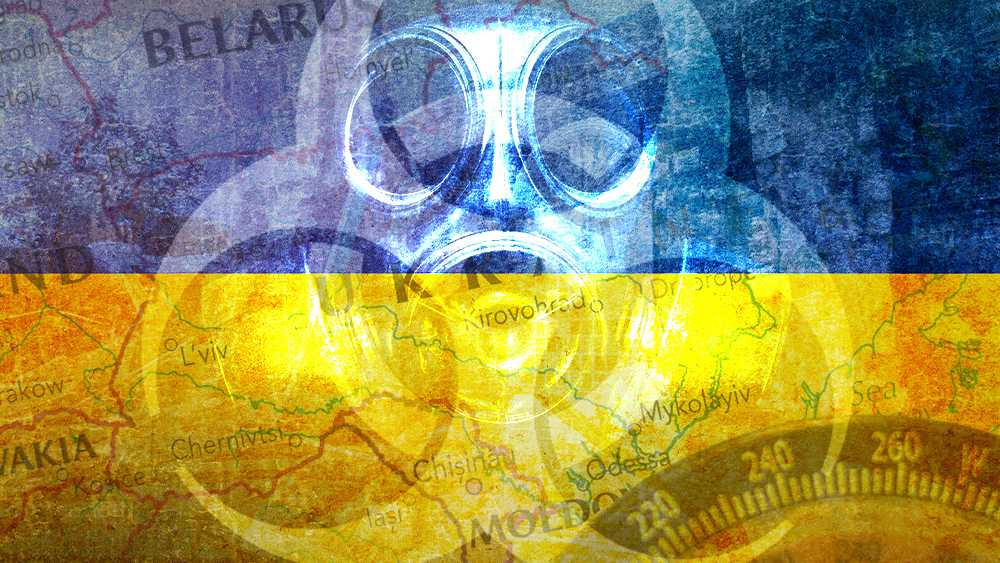- Russia has formally requested an investigation by the OPCW, accusing Ukrainian forces of deploying banned chemical weapons and operating mass-production systems for toxic agents. Evidence was presented during an executive council session in The Hague.
- Russian authorities (FSB and the Defense Ministry) reported finding Ukrainian drone-droppable IEDs loaded with chloropicrin – a choking agent banned under the Chemical Weapons Convention – in liberated territories, prompting a criminal case under Russian WMD laws.
- Ukraine and Western allies dismiss Russia’s claims as disinformation, counter-accusing Moscow of using banned chemical agents (e.g., choking gases) against Ukrainian troops. Both sides have lodged requests with the OPCW, but neither set of allegations has been independently verified.
- The OPCW faces geopolitical hurdles in investigating the claims, with past inquiries (e.g., Syria) plagued by delays and disputes. The lack of impartial findings risks escalating tensions amid NATO-Russia hostilities.
- Confirmed use of chemical weapons could trigger international backlash (e.g., sanctions, military responses), as such warfare violates humanitarian norms. The accusations heighten fears of a dangerous precedent in the Russia-Ukraine conflict.
In a mounting war of allegations, Russia has formally requested an investigation by the Organization for the Prohibition of Chemical Weapons (OPCW) into claims that Ukrainian forces are deploying banned toxic munitions.
Vladimir Tarabrin, Russia’s permanent representative to the organization, presented evidence during an OPCW Executive Council session in The Hague. He stated that Moscow has gathered proof of “Ukrainian nationalists employing toxic chemicals and military-grade poison agents,” alongside an “extensive system for their mass production.”
Tarabrin specifically cited the Russian Federal Security Service‘s (FSB) discovery of improvised explosive devices (IEDs) filled with chloropicrin in territories recently liberated from Ukrainian control. Originally used as a pesticide, chloropicrin was weaponized in World War I as a choking agent. It was later banned under the 1993 Chemical Weapons Convention.
Sputnik News earlier reported that the FSB, alongside the Russian Ministry of Defense, stumbled upon a Ukrainian Armed Forces cache of IEDs in the Donetsk People’s Republic. The IEDs, which were meant to be dropped from drones, were loaded with plastic explosive and chloropicrin. (Related: Russia alleges Ukraine hid chemical drone munitions amid escalating CWC violations.)
The Russian envoy later cited the FSB’s discovery during the OPCW’s three-day meeting. According to a separate statement by the FSB, the discovery has prompted a criminal case under Russian laws banning weapons of mass destruction.
The terrifying return of chemical warfare
Tarabrin’s request comes amid competing accusations from both sides, with Moscow alleging documented cases of mass chemical weapons production in Ukraine – a charge Kyiv has repeatedly denied. It nevertheless highlights deepening concerns over potential war crimes in the ongoing conflict.
Meanwhile, Ukraine and Western allies have dismissed Russia’s claims as disinformation – instead accused Moscow of using similar banned chemical agents against Ukrainian forces. German and Dutch officials recently alleged that Russian troops dropped choking agents on Ukrainian trenches, though Russia denies the charges.
Kyiv earlier filed its own request with the OPCW – echo of Cold War-era tensions when both the North Atlantic Treaty Organization (NATO) and Soviet-backed forces stockpiled chemical arsenals. The organization has not yet publicly verified either side’s claims, leaving the accusations in diplomatic limbo.
OPCW, which was established in 1997 to enforce the Chemical Weapons Convention, has been tasked with verifying compliance in Syria and other conflict zones. However, past investigations have been marred by delays and geopolitical disputes, raising concerns over whether impartial findings will emerge this time.
The chemical weapons dispute adds another layer of volatility to the Russia-Ukraine war – now in its third year – as global tensions escalate between NATO and Moscow. Should evidence confirm the use of banned agents, international backlash would likely follow—potentially triggering further sanctions or military repercussions.
Historically, chemical warfare has been considered a red line in modern conflicts due to its indiscriminate lethality and long-term humanitarian consequences. The specter of its resurgence in Ukraine not only threatens soldiers but also echoes past atrocities, reinforcing the urgent need for transparency and accountability. For now, the world watches warily – fully aware that the horrors of the battlefield may defy even the most stringent international prohibitions.
Visit ChemicalViolence.com for more similar stories.
Watch this Russia Today news report about Ukraine allegedly fabricating evidence to accuse Russia of chemicals weapons use.
This video is from the Cynthia’s Pursuit of Truth channel on Brighteon.com.
More related stories:
Russian officials: American biolabs in Ukraine conducted illegal experiments on rivers and infected children with tuberculosis.
Who’s telling the truth? US, Russia trade allegations about “biological research facilities” in Ukraine.
Russia accuses Ukraine of using American-made chemical weapons.
Sources include:
RT.com
SputnikGlobe.com 1
SputnikGlobe.com 2
Brighteon.com
Read full article here


